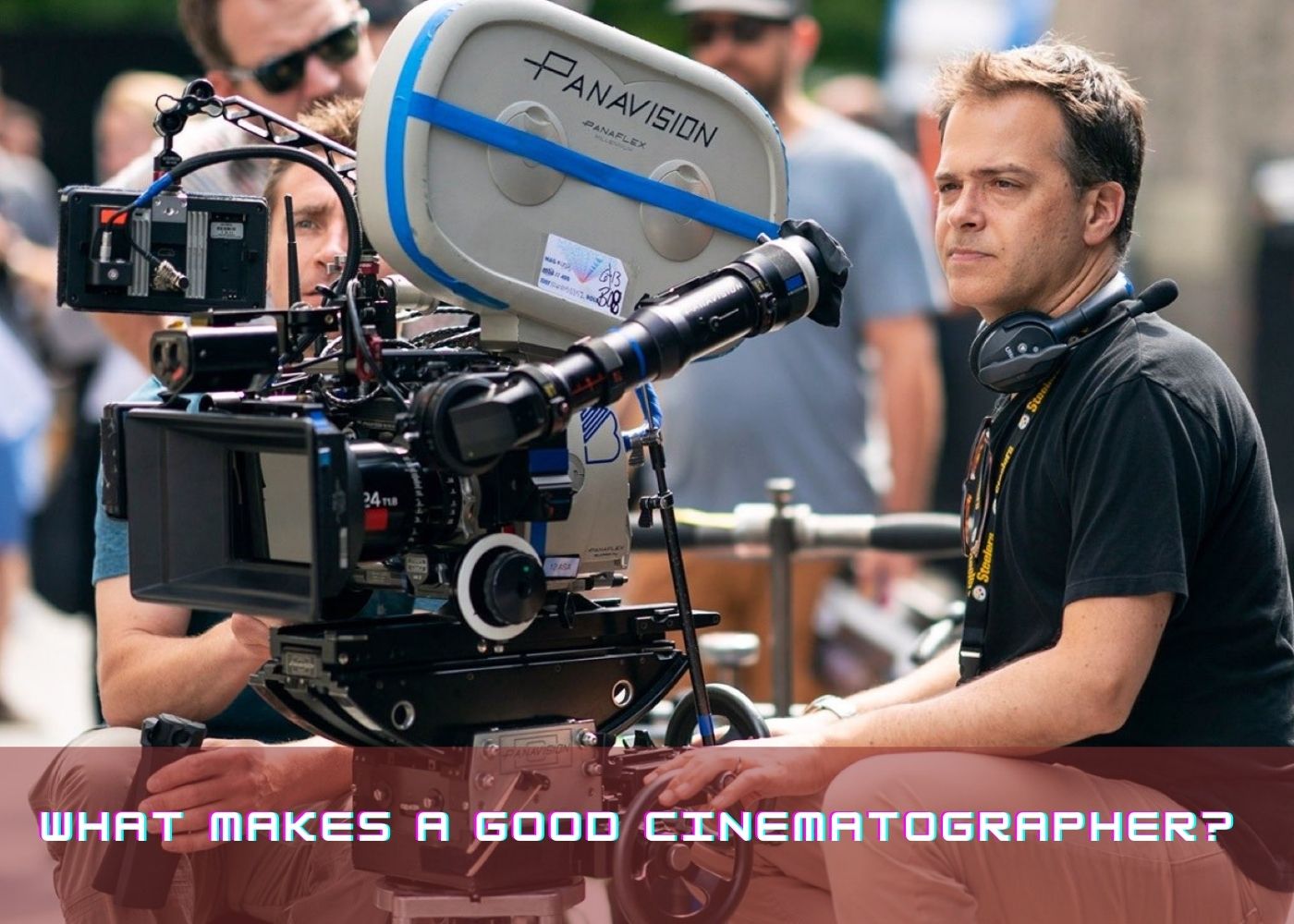What film and TV directors find exciting with filming is not just about capturing the action when it comes to telling a tale on film; it is also about the way the photos are taken. This is referred to as cinematography in the film and television industry.
Cinematography is the art or way of photographing and telling a story visually in a film or television presentation. Lighting, framing, composition, camera motion, camera angles, film selection, lens options, depth of field, zoom, focus, color, exposure, and filtration are all examples of cinematography.
The cinematographer, often known as the Director of Photography (DOP), is one of the most senior and influential members of the filmmaking team. The cinematographer must interpret the director's instructions for achieving a specific aesthetic for film production and use their technical competence to meet these needs by employing specific film production, camera, and lighting techniques to create a specific mood for the picture.
What makes a good Cinematographer?
A good cinematographer can elevate the vision of the director by introducing ideas and concepts the director may not have considered. This is in addition to also possessing the ability to determine the visual style and approach for a film or documentary.
For this reason, most filmmakers do not spare any expense when it comes to cinematography to ensure that the film looks great on the big screen.
What is the role of cinematography in a script?
Cinematographers are in charge of breaking down the scripts and transmitting emotion and meaning to the audience through the visuals they produce. This may be one of the most difficult, yet artistic, activities are known to man, as it necessitates a profound grasp of emotion as well as technical perfection to complete successfully. You are preparing yourself and the work you generate for success by studying the screenplay for technical concerns, subtextual themes, and character emotion.
What Skills Does a Cinematographer Need?
Here are some of the most important skills a Cinematographer should possess:
- A keen eye for detail and a mind for quick invention.
- An in-depth understanding of lighting techniques, light color, shade, and manipulation.
- A very high technical knowledge of cameras and the film production process.
- Strong communication skills.
- Strong team management skills.
- Excellent listening ability.
- Flexible method to improving a result by applying previously acquired information.
What is the role of a Cameraman or Cinematographer?
A cinematographer's primary responsibility is to visually depict the tale, whether it's for television, a short film, a feature film, or anything else on the page. The Director is the conduit for this; your role is to understand their vision for the tale and assist them in photographing it. They may be the type of Director who has everything in their brain, and you're there to help them put their vision into action, step by step, moment by moment. Alternatively, it may be something where you're a key partner and contributor to the essence of the vision in preparation.
It's a fascinating dichotomy in that it requires both attention and artistic intent, as well as the capacity to set your wants and aspirations aside for the sake of others. To be able to tell a tale, you must be both a committed, focused artist with a perspective and a person who can sometimes sublimate their impulses.
To get anywhere in the film industry as a Cinematographer, you need to love movies to put up with all of the long hours, hard work, and unpaid shorts. And, like many other good careers, there are a lot of people that don't make it for various reasons. However, being a Cinematographer can be a rewarding career for you if you immerse yourself in understanding its fundamentals as well as constantly improving your skills.
We encourage you to visit us at FDD for more information on our services in film & media production, film equipment rental, Audio-visual rental, photo booth rental, and Camera Rental in Dubai.







